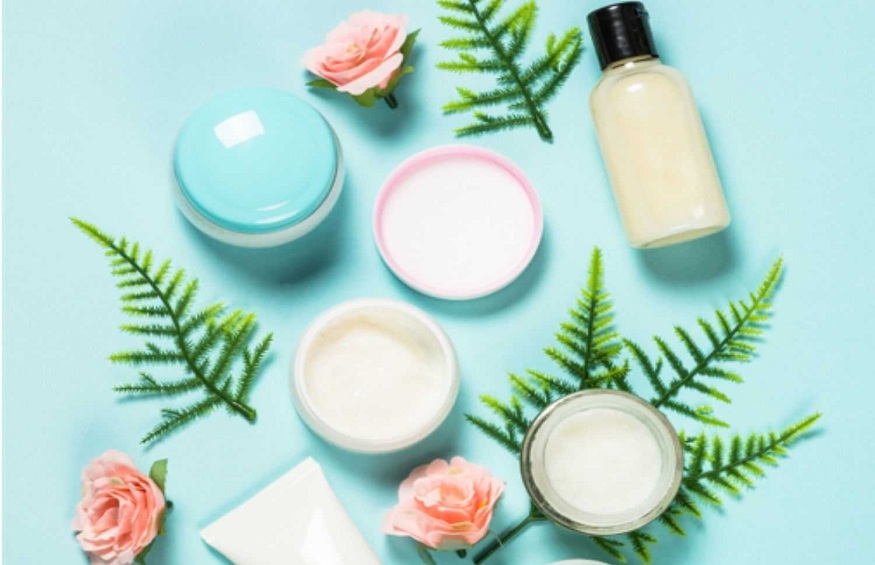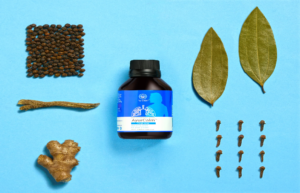Benefits Of White Label Cosmetics

White label cosmetics have exploded in popularity over recent years allowing the rapid emergence of new, agile start-up brands without the traditionally high barriers to entry. By leveraging existing manufacturing infrastructure, white label cosmetics allows brands to shortcut lengthy product development and instead focus resources on branding, marketing and sales. This smart strategy provides advantages for both the brands themselves as well as consumers who gain affordable access to more variety.
Cost Effectiveness
Launching a new cosmetics brand has always required major upfront investments into research and development, factories, machinery, ingredients sourcing and more. The financial risks were substantial. White labeling sidesteps these challenges by utilizing existing supplier capabilities from product development to packaging. Brand owners can get to market without massive capital outlays into physical manufacturing assets. Instead, budget is freed up to dedicate towards branding, social media marketing and influencer campaigns. By tapping into these existing efficiencies, white label small batch minimums create extremely low risk launches where output can be scaled up gradually as demand increases. Consumers ultimately benefit from these cost efficiencies through increased choice at reasonable price points from brands that likely wouldn’t exist without this launchpad.
Speed to Market
Historically, developing cosmetics formulas, testing their safety and efficacy then setting up compliant manufacturing could take well over a year once a brand had funding. Today, white label partnerships shorten time-to-market to just a few months since the capabilities already exist. Manufacturers have safety-tested formulas at the ready and can rapidly customize them to a specific brand’s requirements whether that be fragrance, texture, packaging or pricing. This ability to tap into existing infrastructure gives small brands a substantial competitive advantage in terms of responsively launching on-trend products within short windows of opportunity in the fast-paced beauty category. Consumers are no longer stuck with just the same old players.
Formula Quality Assurance
The wholesale cosmetics private label possess specialized expertise in creating cosmetics formulas meeting regulatory, safety and efficacy standards. They invest heavily into teams of experts across fields ranging from ingredients sourcing to chemical engineering and regularly submit products for third party testing analysis. Their facilities meet GMP and ISO certifications as well as other audit protocols. A new cosmetics brand can lean on these rigorous capabilities rather than building internal teams which is cost prohibitive. This provides assurance to consumers that white label products meet quality expectations regardless of brand name.
Wide Product Variety
The rise of white label cosmetics has exponentially increased product choices for consumers. Large manufacturers offer existing formulations spanning skincare, haircare, body care, makeup and more. Their labs continuously innovate to keep up with the latest trends. For a new brand owner considering entry into beauty, thousands of proven cosmetics formulas are at the ready for quick customization tailored to their target customer and market niche. This mitigates risk while allowing agile responses to current consumer demand signals. White labeling democratizes cosmetics entrepreneurship.
Customization Capabilities
While tapping into proven white label formulations to shorten timelines, individual brand identity remains crucial. Private labeling allows tailoring of fragrances, textures, packaging design and more so products don’t seem one-size-fits all. Key customer preferences can even be targeted like creating formulas for sensitive skin types. Customization paired with speed to market gives start ups a competitive edge while offering consumers more dialed in options suiting their preferences. This flexibility paired with off the shelf convenience supports the meteoric rise of white label beauty partnerships.
Production Scalability
Another historic barrier to market entry was production infrastructure to support growth. Now, white label provides on-demand scalability. The manufacturer handles raw materials procurement, factories and supply chain logistics allowing production to flexibly respond to market demand swings for each brand. They have capacity bandwidth to readily increase or decrease batches. If a new product takes off unexpectedly, production can rapidly scale up then taper back down once peak demand stabilizes. This mitigates inventory risk, provides cash flow flexibility and creates security for retailers rely on consistent availability.
Global Sourcing Infrastructure
World-class white label producers have the international infrastructure both to expertly source ingredients and efficiently manufacture products for optimal quality-to-cost ratios tailored by category and price point. Whether an existing formula uses French botanicals or a new face cream depends on hyaluronic acid powder from Japan, white label partners handle procurement through well-established global sourcing networks. Their teams centrally handle compliance, quality assurance and cost negotiations across supply chains – expertise individual brands couldn’t recreate alone.
Eco-Friendly Packaging Options
With environnentally-concsious shopping on the rise, white label partners offer ample recycled, refillable and reduced packaging options to choose from for customized products. The breadth of these sustainably-sourced packaging component supplies outstrips what a single brand could access. Having this turnkey portfolio immediately ready provides big incentives for agile eco-conscious brands eager to respond to customer sentiment but lacking manufacturing capabilities. For green consumers, this new wave of conscience beauty drastically increases options.
Built-In Marketing Support
Large white label cosmetics suppliers have in-house marketing teams providing guidance around branding, packaging design, digital marketing and growth strategy for emerging brands based on hard won industry knowledge and analytics. This marketing engine helps fuel success for new entrants increasing the diversity of options ultimately on shelf. For consumers, more niche products catering to unique beauty preferences and values get backing to reach mainstream distribution through this built-in launchpad effect of white label support.
The accelerated rise of white label cosmetics distills down to lowering nearly every barrier standing between great branding ideas and physical shelf space. By leveraging proven manufacturing, small brands gain instant capabilities to cost-effectively deliver quality products to market faster than ever before. The options explode as new entrants cater to previously underserved consumer niches across every cosmetics category. Looking ahead, all signs point to further democratization of the beauty industry thanks to white label partnerships. Consumers are the ultimate winners in this equation gaining affordable access to an increasingly diverse range of new brands in record time.
Conclusion
White label partnerships are a smart choice for new cosmetic brands and existing brands looking to expand affordably. They allow leveraging existing infrastructure for speed to market while maintaining quality standards. Costs are reduced through economies of scale. Flexible customization also gives each brand a unique identity. Consumers benefit from increased variety, affordability and accessibility of new products. Overall white label cosmetics or sticker printing company fuel innovation and growth in the beauty industry.







